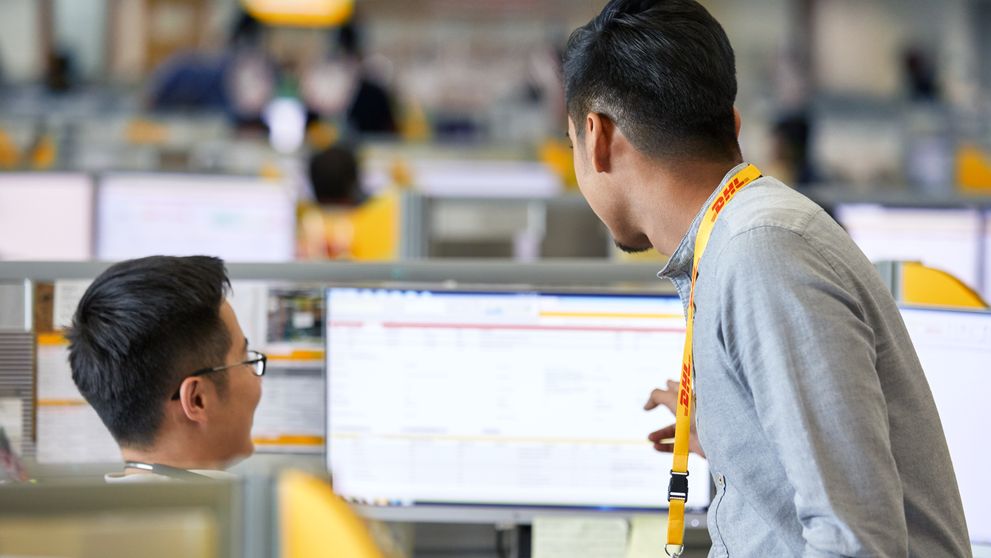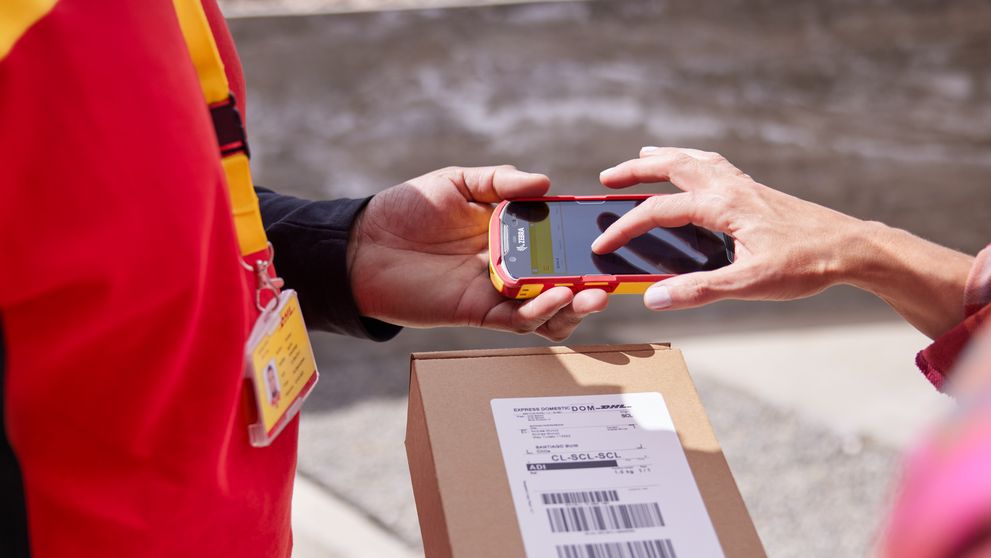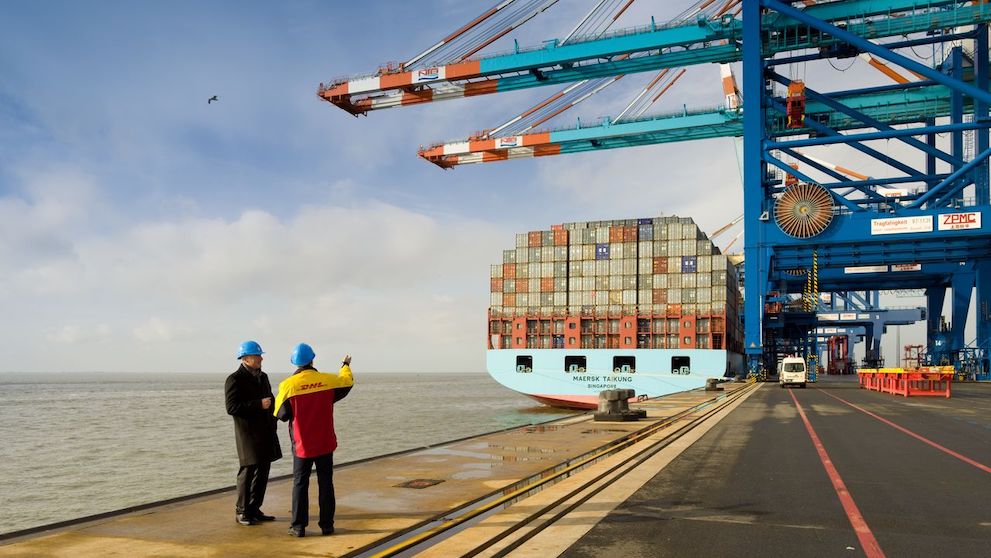Blockchain technology has seen much success in the development of Web3, but it also holds untapped potential in the realm of shipping and logistics. This innovative technology is not just reshaping the financial landscape but is also poised to revolutionise the way logistics and supply chain operations are conducted globally.
In Hong Kong, a pioneering initiative involving the prototype electronic bill of lading (eBL) as part of the wholesale central bank digital currency (wCBDC) project is set to digitise a vital process in the shipping industry. Traditionally reliant on paper-based documentation, this transformation through blockchain could enhance the efficiency and security of international shipping services, setting a new standard for global trade operations.
With emerging innovations like the eBL and more on the horizon, let’s delve deeper into what blockchain technology can do. We will explore how practical applications of blockchain can revolutionise inventory management and supply chain processes, setting the stage for a comprehensive digital transformation in logistics.
Understanding Blockchain Technology
What is Blockchain Technology?
Blockchain technology is essentially a digital ledger system where transactions are recorded in real time and secured using cryptography. It is designed as a decentralised database that is managed by multiple participants, eliminating the need for a central authority.
This technology underpins what is known as Distributed Ledger Technology (DLT), where every transaction is recorded only once, preventing duplication and enhancing transparency across the network.
The methodology behind Blockchain Technology
The operational framework of blockchain technology involves several key components: distributed ledgers, immutable records, and smart contracts.
Distributed ledgers allow data to be stored across a network of computers, making the system inherently resistant to cyber threats and data falsification. Once a transaction is recorded on a blockchain, it becomes immutable—meaning it cannot be altered or deleted. This ensures the integrity and permanence of records.
Additionally, blockchain employs smart contracts, which are self-executing contracts with the terms directly written into code. These contracts automatically enforce and execute the terms of an agreement based on predefined rules, streamlining processes and reducing reliance on intermediaries.
Blockchain technology not only enhances the security of data but also significantly increases the efficiency of transactions, making blockchain a powerful tool for transforming industries, especially in shipping logistics and inventory management within the supply chain.
Applications of Blockchain Technology in the supply chain
Challenges in the traditional supply chain management
Traditional supply chain management is fraught with challenges that can hinder efficiency and transparency. These issues range from inefficiencies in tracking and tracing goods to the complexities of international shipping services. As we navigate through these challenges, it becomes evident how blockchain technology can offer substantial improvements.
- Data inefficiency and complexity: Traditional systems do not have real-time data sharing capabilities, leading to delays and inaccuracies in tracking shipments. Furthermore, vetting and submitting multiple versions of documentation can be time-consuming and lead to compliance issues if the documentation is not in order.
Blockchain technology addresses these issues by providing instant, accurate updates and automating the documentation processes.
- Security and transparency issues: Traditional supply chains are susceptible to fraud, theft. Due to limited visibility, it can be difficult to identify inefficiencies and verify the authenticity of goods.
Blockchain offers a transparent and secure environment with clear, immutable transaction records, enhancing overall security and visibility.
- Dispute and reconciliation challenges: Traditional logistics networks often face reconciliation challenges and disputes across stakeholders, leading to delays.
Blockchain simplifies this process by offering a single, trusted source of truth, facilitating faster dispute resolution and reducing reconciliation times.
Potential benefits of integrating blockchain technology
Blockchain technology introduces significant improvements in logistics and supply chain management, focusing on transparency, security, and efficiency. It plays a crucial role in helping to build and run an agile supply chain by enhancing adaptability and responsiveness to changing market demands.
Blockchain introduces an unprecedented level of transparency and traceability within supply chains. Each transaction and movement of goods can be recorded on a blockchain, providing a permanent history that is accessible to all parties involved. This visibility helps companies track the origin of goods, monitor their journey, and ensure compliance with regulatory standards, ultimately leading to greater consumer trust.
The cryptographic nature of blockchain ensures that data, once entered into the ledger, cannot be altered without the consensus of the network. This security feature helps prevent fraud, tampering, and unauthorised access, thereby safeguarding sensitive information and transaction records across the supply chain.
By automating many processes within the supply chain, blockchain can significantly reduce manual tasks and paperwork, leading to faster processing times and reduced errors. Working in tandem with AI and machine learning, blockchain enhances last-mile delivery, optimising routes and schedules for greater efficiency. On top of these benefits, the use of blockchain can also potentially benefit the environment by reducing paper-based processes and streamlining operations to reduce resource consumption and carbon emissions.
| Aspect of the Supply Chain | Traditional Supply Chain Management | With Blockchain Application |
|---|---|---|
Data Transparency | Often siloed and opaque, making it difficult for all parties to access real-time data. | Complete transparency with real-time access for all parties, improving collaboration and trust. |
Security | Vulnerable to fraud and data breaches due to centralised points of failure. | Enhanced security with decentralised data and cryptographic protection, reducing the risk of breaches |
Efficiency | Manual processes are prone to errors and delays. | Automated processes and smart contracts streamline operations and reduce time consumption. |
Cost Management | High costs associated with audits, compliance, and reconciliation. | Reduced costs due to streamlined processes and eliminated the need for intermediaries. |
Traceability | Limited traceability that complicates recalls and consumer trust issues. | Improved product traceability from origin to consumer, enhancing safety and compliance. |
DHL Express and the future of blockchain in courier delivery
The future of blockchain in courier delivery holds immense potential for DHL Express.
Imagine a scenario where every package’s journey is recorded on a blockchain, providing real-time tracking and ensuring that the package's location and status are always transparent and accessible to all stakeholders. By recording each package's details and status on the blockchain, warehouse systems can quickly and accurately sort packages, reducing errors and improving delivery time.
Another example is the use of smart contracts to automate payments and updates. Once a delivery is confirmed, the smart contract triggers instant payment and notifies all parties, eliminating delays and reducing administrative work. This not only speeds up the delivery process but also enhances accuracy and efficiency.
These advancements promise to make DHL Express’s courier services more reliable, efficient, and transparent, providing a superior experience for customers and businesses alike.

















